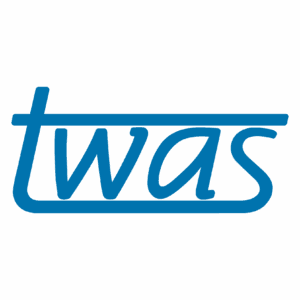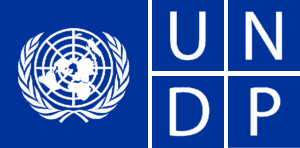The IVVN and the Canadian government’s International Development Research Centre (IDRC) are funding a fellowship programme for women postdoctoral researchers from low-and-middle income countries (LMICs) which will support their career progression in veterinary vaccinology and accelerate the development of vaccines for livestock and zoonotic diseases.
Fellowships are available for a duration of 9-11 months. The programme will provide an opportunity for the researchers to establish a Mentee/Mentor relationship, which supports the Mentee’s professional development and enables the Mentee to work on a defined piece of research to advance veterinary vaccine development.
Eligibility Criteria:
- Open to female, post-doctoral (or individuals who will have obtained their PhD before the fellowship begins) IVVN members who are from an LMIC country and working at a LMIC based research organisation. A research organisation in this context will cover IVVN Members based at academic institutes, governmental organisations, non-governmental organisations or industry. Network membership is free and you can apply here.
- Applicants should not exceed five years in active postdoctoral research employment prior to the date of the announcement of the grant award. Duration of career breaks for caring duties and maternity and adoption leave will be taken into account when calculating the length of postdoctoral research employment.
IVVN Mentoring Fellowships Benefits.
- Successful applicants will receive up to £50,000 to work on projects that address key bottlenecks to developing vaccines against animal diseases.
- They will be supported by an international mentor, as well as a local mentor at their own institute.
IVVN Mentoring Fellowships Judging Criteria.
The parameters on which applications will be judged include:
- The relevance of the scientific challenge being addressed; the primary criteria is that a key bottleneck to vaccine development is being addressed.
- The significance of the potential outcome of the project; considered in terms of direct applications and/or as a transferable model to other veterinary species or human vaccinology.
- Feasibility of project; likelihood that the stated objectives of the proposals will be achieved.
- Dependency on Mentee-Mentor interaction to conduct the project; demonstration that the interaction between the Mentee and Mentor will provide complementary expertise to surmount challenges that the Mentee working in isolation cannot.
- Innovation; how using the Mentee-Mentor interaction is allowing novel approaches to dealing with the identified challenge to be formulated.
- Opportunities for securing subsequent funding; the potential output of the project must be sufficient to permit subsequent eligible funding submissions to be made.
- Effect of fellowship on the career development of the Mentee; the result of the project and MenteeMentor relationship must have a positive effect on the career development of the Mentee.
Method of Application
Applicants are invited to submit a letter of intent to define the scope of the project and the Mentee/Mentor(s) partnership. If this partnership is not already identified then the letter of intent should be submitted to request assistance with finding a potential Mentor.
Letters of intent should be submitted to the IVVN at IVVN@roslin.ed.ac.uk by 9am on April 9, 2020. Please ensure you have read the IVVN Fellowship Guidance Notes for details of eligibility and further information about the fellowship programme before submitting the letter of intent.

